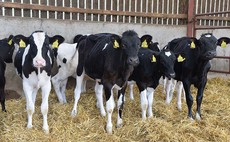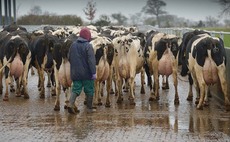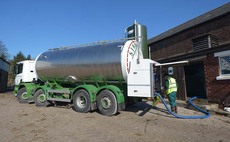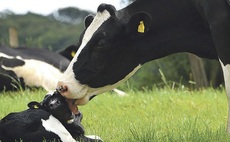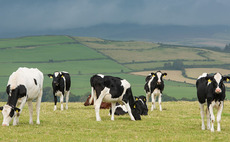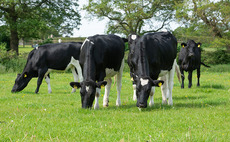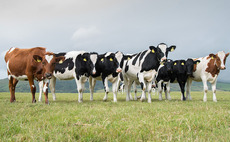Dairy Farmer
Livestock
With escalating fertiliser costs and the prospect of tight feed ingredient markets next winter, the importance of maximising feed output from your own resources will remain a priority for dairy farmers. �������� Guardian reports.
Livestock
Research carried out by the Agri-Food and Biosciences Institute, University of Missouri and Teagasc has discovered the possibility of developing a diagnostic test for the early detection of bovine respiratory disease (BRD).
Livestock
A portable ‘black box’, which can be used by farmers, vets and semen-processing laboratories to determine the quality of semen within minutes has been developed.
Livestock
Dairy-Tech once again took place at Stoneleigh Park where visitors were able to view new technology and discuss the issues having an impact on the industry currently. Katie Jones, Ellie Layton, Toby Whatley and Jonathan Wheeler report.
Dairy
Irish pasteurising equipment manufacturer Unison has launched a modular dairy vending system which includes pasteurising, chilling, intermediate bulk tanks and a customer vending station.
Dairy
Exclusive contracts that only allow dairy farmers to sell milk to one buyer should be broken up to free up farmers to try direct selling, supplying local food businesses and engaging much more with communities where they live, according to farmers taking part in a workshop at Dairy-Tech.
Metacam
Did you know that using a non-steroidal anti-inflammatory drug (NSAID) alongside antibiotic treatment for mild and moderate cases of mastitis can improve fertility?
Livestock
Turnout time can signal an increased risk of leptospirosis, with the disease is a common cause of infertility and abortion in cattle. Wendy Short reports.
Livestock
Upcoming changes to dairy genetic evaluations will lead to a slight shift in the running order in the AHDB bull rankings published next week (April 5).
Livestock
The presence of some strains of clostridial bacteria in soil can make turnout a time of increased risk for livestock, with youngstock particularly vulnerable. Wendy Short reports.
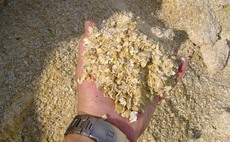
 13 April 2022
•
3 min read
13 April 2022
•
3 min read
